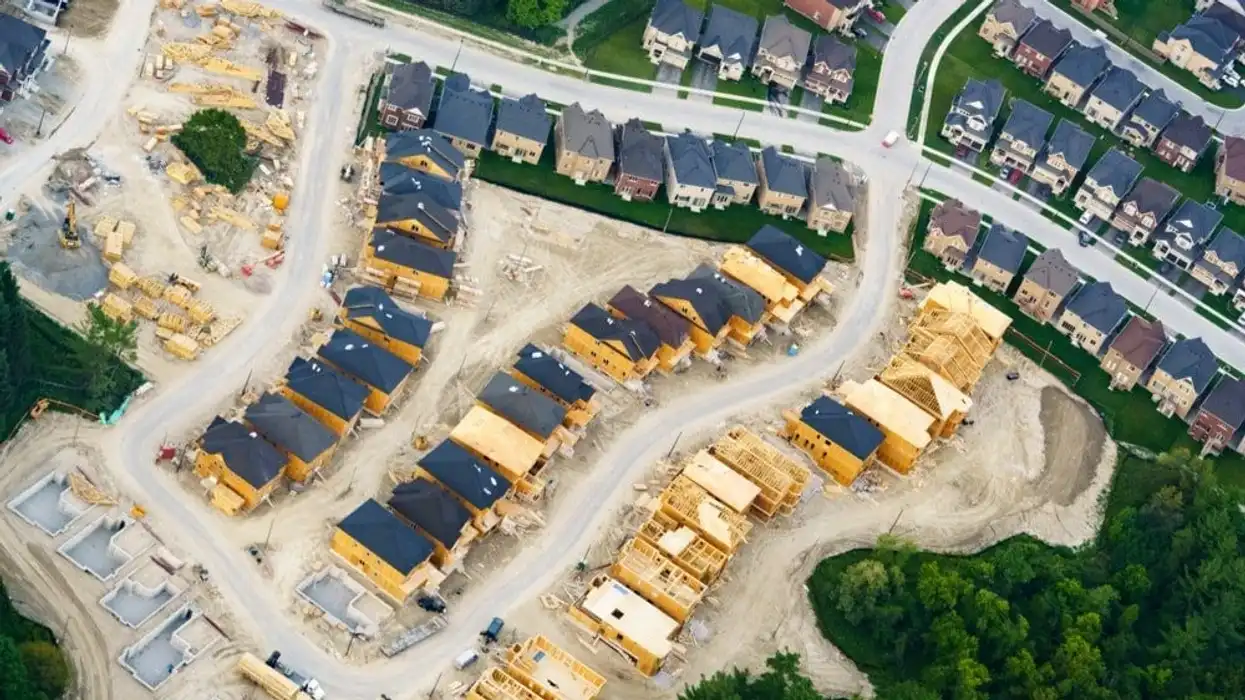When announcing Ontario's new Provincial Planning Statement this week, Minister of Municipal Affairs and Housing Paul Calandra emphasized that it has been pared down considerably from its previous 2020 version.
“It is over 100 pages shorter, and it eliminates over 30,000 words of administrative burden,” Calandra said when speaking at the annual Association of Municipalities of Ontario conference on Tuesday. “And that is incredible — to help you build more quickly, to help those who want to build and invest in our province understand how to do it in the Province of Ontario.”
What Calandra didn’t explicitly mention is, in this effort to streamline, the new PPS will replace another piece of regulation known as the Places to Grow Act. That Act was quietly revoked on Tuesday, and will be consolidated into the updated PPS, due to go into effect on October 20. This change wasn't mentioned in the Province's official announcement either, though building up density around transit stations, shopping malls, and retail plazas was.
Taken together, the revocation of the Act and the introduction of the new PPS means that municipalities will be able to apply for “settlement area boundary expansions” at any time.
This is a major change for planning policy in Ontario, Municipal and Land Use Planning Lawyer at Aird & Berlis LLP Laura Dean tells STOREYS in an emailed statement. She notes that the regulation currently in effect dictates that requests for settlement area boundary expansions can only be made through a Municipal Comprehensive Review.
Dean says changing the regulation is significant when “considered in the context” of amendments that have been made to Bill 185. “Private applicants can now appeal to the Ontario Land Tribunal a refusal or non-decision on a private application to expand an existing settlement area boundary, so long as the proposed boundary expansion does not include any lands within the Greenbelt area,” she says.
“Given the political fallout that accompanied the 2022/2023 settlement area expansions imposed by the former Minister of Municipal Affairs and Housing — ultimately resulting in the wind-backs imposed by Bill 150: Planning Statute Amendment Act, 2023 — the idea behind this change is to distance local and provincial politics from important decisions on settlement area boundary expansions.”
Dean suggests that opening up the rules surrounding settlement boundary area expansions could help to free up land for new housing, working in tandem with other provincial initiatives, including the aforementioned Bill 185 and also Bill 23.
These initiatives “have restricted third party appeals of minor variances, draft plans of subdivision, site plans, official plan amendments, and zoning by-law amendments,” she says. “By restricting appeals of these instruments, it is hoped that projects won’t get mired by the Ontario Land Tribunal process, which can take months, sometimes years to work through, and that necessary housing projects can be delivered faster.”





















